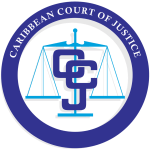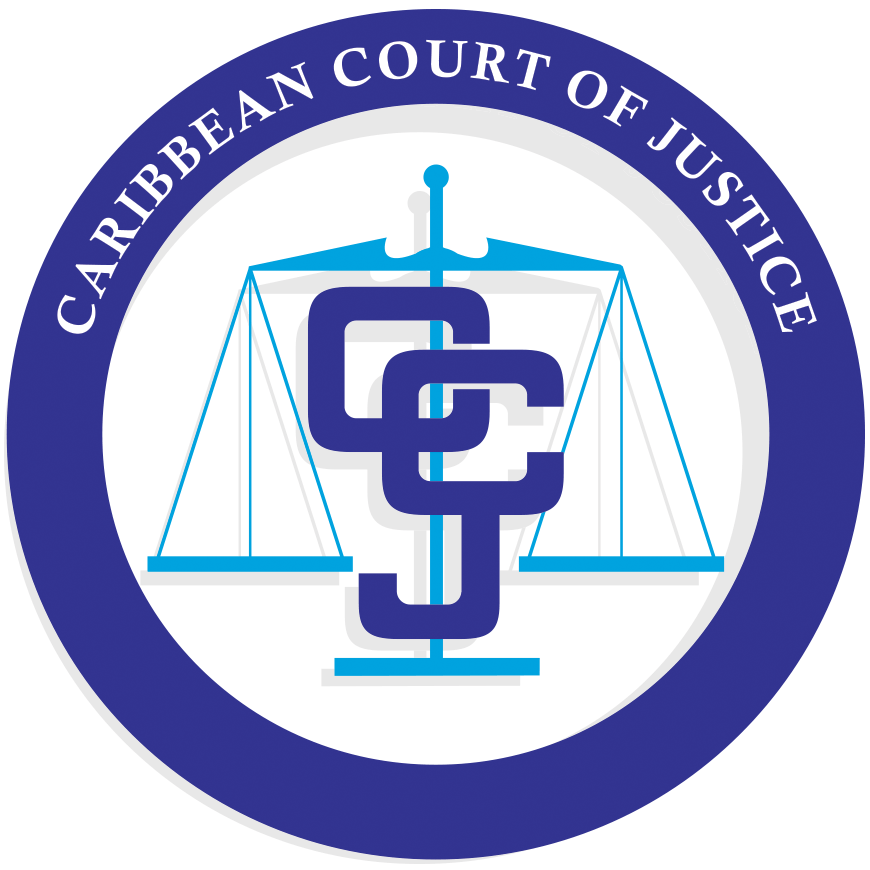The Judicial Reform and Institutional Strengthening (JURIST) Project in collaboration with the Government of Antigua and Barbuda and the Eastern Caribbean Supreme Court (ECSC) will establish a Sexual Offences Model Court in Antigua and Barbuda in 2018.
The announcement was made by Dr. Penny Reedie, JURIST Project Director at the launch of the Model Sexual Offence Guidelines for the Caribbean Region which was held on Thursday January 11, 2018 at the Trade Winds Hotel in St. John’s, Antigua.
Dr. Reedie explained that the establishment of a Sexual Offences Model Court in Antigua and Barbuda forms part of JURIST’s comprehensive approach to the management of sexual assault cases and the provision of support for complainants and witnesses, including children. “The Model Court is intended to provide a timely, gender responsive and coordinated response to complainants and vulnerable witnesses involved in sexual offence cases,” she said.
The Honourable Steadroy Benjamin, Attorney General, Antigua and Barbuda welcomed the initiative and pledged the Government’s support. “We are very pleased that Antigua and Barbuda was selected as the country to establish the Sexual Offences Model Court. The Government recognizes the need to have effective systems in place to deal with sexual violence,” he noted.
Mr. Benjamin added that the Government was committed to reducing and eliminating sexual violence in their country and to this end a number of projects were being implemented. He said that the establishment of the region’s first Support and Referral Centre (SARC) by the Directorate of Gender Affairs (DoGA) for victims of gender-based and sexual violence (GBSV) was one example of how the Government was treating with sexual violence.
The Honourable Dame Janice Pereira, Chief Justice, ECSC expressed her delight on the establishment of such a Court within the Organisation of Eastern Caribbean States (OECS).
She said in Antigua and Barbuda and the wider OECS, there have been improvements in the justice system’s response to the survivors of sexual violence who seek redress from the courts.
For example, the Chief Justice stated that the law in Antigua and Barbuda, now places strict limits on the ability of defence attorneys to use the sexual history of the complainant to attack the survivors’ credibility and that judges are no longer required to warn the jury about relying on the uncorroborated evidence of the complainant.
“These are just some of the improvements being made to ensure that survivors of sexual violence receive justice. I have no doubt that the Sexual Offences Model Court in Antigua and Barbuda will make a positive contribution to the development of the judiciary,” she said.
Her Excellency Marie Legault, High Commissioner of Canada to Barbados and the Eastern Caribbean in congratulating all parties involved in the establishment of the Court, said that this was a very timely initiative.
She made reference to a 2017 UNDP/UN Women study which found that even though the CARICOM region has made progress in promoting gender equality, sexual violence perpetrated against women, girls and boys remains a significant problem. The High Commissioner also highlighted an earlier 2007 World Bank Report, which stated that “the Caribbean had three of the top ten countries with the highest incidence of rapes. The report also revealed that in nine Caribbean countries, 48 percent of adolescent girls’ first sexual encounter was either ‘forced’ or ‘somewhat forced’.
“The launch of the Guidelines and establishment of the Court is a solid example of the Government of Canada’s Feminist International Assistance Policy in action. Our goal, among others, is to strengthen legal systems and promote reforms that eliminate all forms of discrimination against women and girls that prevent them from realizing their economic, political and social rights,” she stated.
The Sexual Offences Model Court will test the effectiveness of the prescriptions outlined in the Model Guidelines for Sexual Offence Cases in the Caribbean Region. Antigua and Barbuda was the fifth Caribbean country to launch the Guidelines and follows Barbados, Belize, Guyana and Jamaica.
The Guidelines, which provide internationally accepted best practices for the management of sexual offence cases, and offer a rights-based approach to the treatment of complainants and vulnerable witnesses, including children, involved in sexual assault cases. The Guidelines form part of a comprehensive approach that seeks to address issues faced at the investigative, pre-trial and adjudicatory phases, as well as offenders’ rehabilitation and management.
The establishment of the Court is aligned to the JURIST Project’s immediate outcome of improving the capacity of courts to deliver gender responsive and customer focused services.






